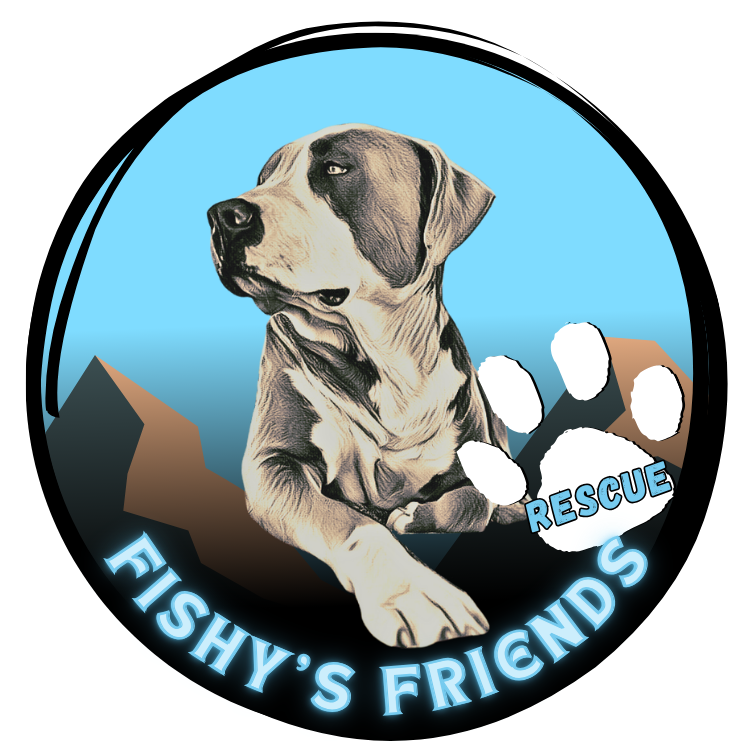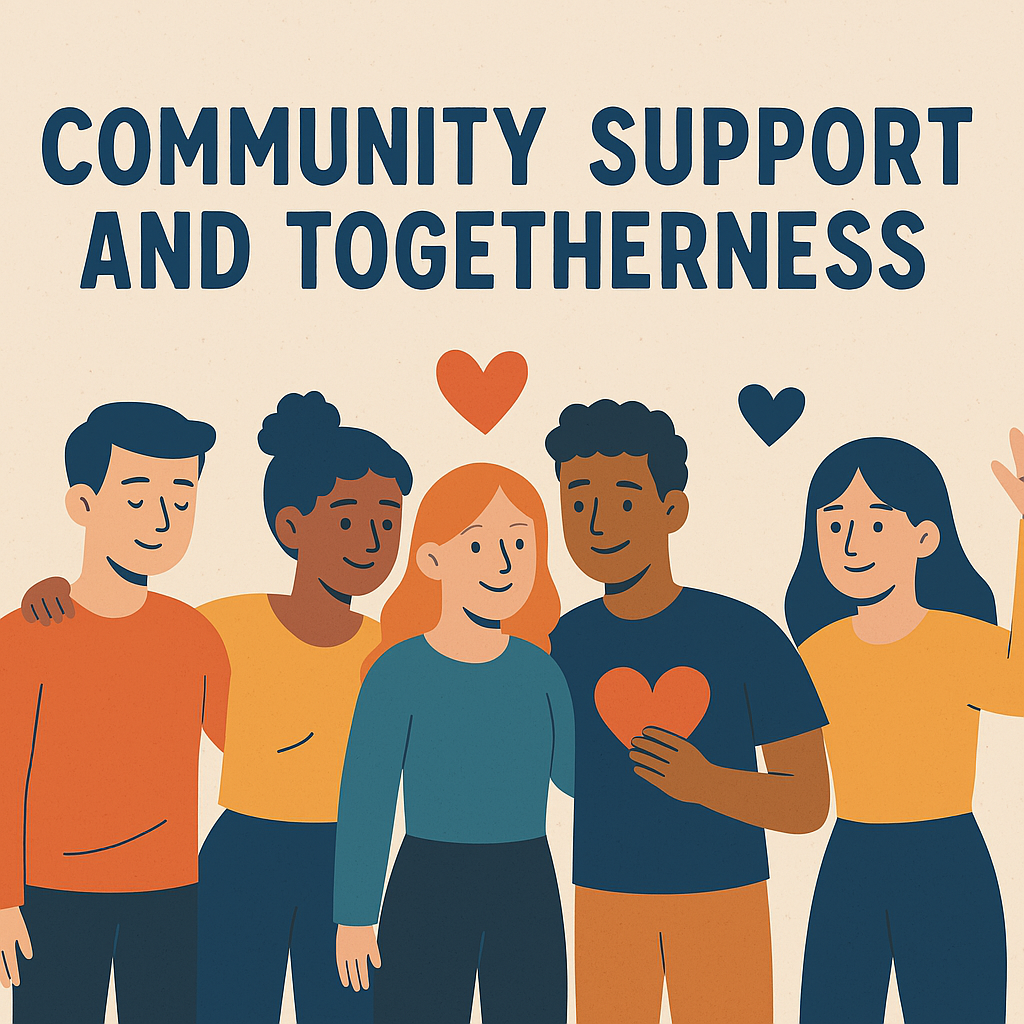The Hardest Dogs, The Strongest Hearts: Why We Do What We Do at Fishy's Friends Rescue
Compassion Fatigue: The Silent Weight of Rescue Work
At Fishy's Friends Rescue, our mission isn't about choosing the easiest path — it's about choosing the ones most in need. We specialize in saving dogs who have been feral, abused, abandoned, or forgotten — the ones many others turn away. These dogs are not blank slates. They come with stories written in fear, pain, neglect, and survival. They also come with a desperate desire to be loved, even if they don't know it yet. This is some of the most challenging and important work in animal welfare — and it comes at a cost that many don’t talk about: compassion fatigue.
Compassion Fatigue: The Silent Weight of Rescue Work
Compassion fatigue is the emotional and physical exhaustion that comes from caring for others, especially those who are suffering. In animal rescue, it sneaks in when you least expect it. Foster caregivers often bear the emotional weight of the trauma that the dogs carry. This secondary trauma builds up slowly and can feel like burnout, sadness, guilt, or even hopelessness.
You pour your heart into a dog who cowers at the sound of your voice. You work for weeks to earn a wag of the tail. You clean up accidents, manage barking and reactivity, miss sleep, cry when they regress. And through all of it, you still show up. But that doesn’t mean it’s easy.
Here's how fosters and rescuers can protect their emotional well-being:
1. Know Your Limits
You can't help others if you're drowning. Say "yes" when you can, and "not this time" when you need to. You're not failing — you're honoring your boundaries.
2. Take Breaks Without Guilt
Rest is not giving up. It's preparing for the next dog who needs you. Recovery is a part of the work.
3. Find Your People
Talk to someone who gets it — another foster, rescue team member, or therapist. Sharing the weight makes it lighter.
4. Celebrate Small Wins
Every tail wag, every relaxed breath, every moment of trust is progress. Celebrate it like you won the lottery.
5. Build In Self-Care Rituals
Daily walks, baths, journaling, hobbies — whatever fills your cup. Make it as routine as feeding the dog.
6. Keep Learning
Understanding trauma and dog behavior gives you confidence. It helps you respond with empathy instead of frustration.
7. Talk About Mental Health
Rescue culture needs space for hard conversations. Let’s normalize checking in with each other — and ourselves.
“You cannot pour from an empty cup.” Your mental health matters just as much as the dogs’ healing.
Healing Takes Time: Working with Traumatized Dogs
Some rescues focus on puppies with a clean slate, or adoptable breeds that fly off the shelter floor. That’s important work. But at Fishy's Friends, our focus is different. We take the long-haul cases — the scared, the aggressive, the shutdown, the neglected. Dogs who have never known a kind hand. Dogs who flinch at leashes. Dogs who see the world as a threat.
We ask people to consider this: If you were beaten, abandoned, and left to survive on your own, would you be well-behaved and trusting? These dogs aren’t broken. They’re hurting.
Research shows that trauma has a lasting impact on canine behavior. It can manifest as fear, aggression, withdrawal, or hypervigilance. According to a study published in Applied Animal Behaviour Science, over 30% of dogs are surrendered due to behavior issues — many of which stem from trauma and lack of socialization.
Foster care plays a huge role in reversing that damage. A study highlighted by Maddie’s Fund showed that dogs placed in foster homes displayed fewer signs of stress and anxiety. Even short-term fostering helped them decompress and adapt to home life.
We also utilize trauma-informed care — an approach used in human psychology that is just as powerful in animal care. It’s the practice of recognizing that behaviors come from pain, not defiance. We take things slow. We respect thresholds. We don’t force. We earn.
You can learn more about trauma-informed animal care from resources like Jessica Dolce’s blog or this veterinary study on compassion fatigue and trauma.
For Those Thinking of Fostering:
Fostering is one of the most transformative, heartbreaking, and soul-filling things you can do. But it’s not always easy — especially with the kinds of dogs we take in. Here’s what to keep in mind:
- There will be hard days. You’ll question yourself. You’ll wonder if they’ll ever come around.
- And then, one day, they’ll look you in the eye and wag their tail — and you’ll know it was worth it.
If you’re willing to be patient, to learn, to love a dog no matter where they start — we’ll give you every tool we have to support you. Because rescue is not just about saving dogs. It’s about building a family of humans who never give up.
Resources & Further Reading:
- Prevalence of Behavior Problems in Dogs (Applied Animal Behaviour Science)
- Foster Care’s Impact on Dogs (Maddie’s Fund)
- Understanding Trauma-Informed Care for Animals
- Compassion Fatigue in Animal Shelters (Bissell Pet Foundation)
- Faunalytics: Mental Health in Animal Welfare
Thank you for standing beside us in the fight to save Oklahoma’s most overlooked dogs. It takes heart, hope, and a whole lot of grit. But together, we are rewriting stories of pain into stories of purpose.















